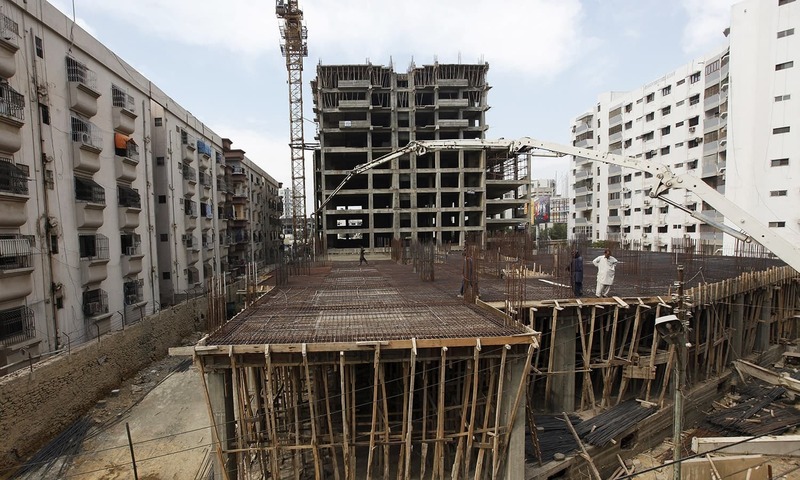The traders’ community in Peshawar has vehemently rejected the government’s move to collect advance income tax, deeming it detrimental to businesses. During a significant meeting chaired by Malik Mehr Elahi, President of the Khyber Pakhtunkhwa Trade Association, traders expressed their deep concerns over the recent policies affecting the business sector. The meeting was attended by presidents and officials of various Peshawar markets, along with prominent leaders from the business community.
The traders’ primary grievance centered around the imposition of an additional advance income tax. They pointed out that they have already been subjected to a 10% advance income tax on their electricity bills, and any further demands are seen as unreasonable and unfair. The community’s discontent is further aggravated by the recent Statutory Regulatory Order (SRO) issued by the Federal Board of Revenue (FBR), which has been perceived as another blow to the business environment in the region.
One of the most contentious points raised during the meeting was the introduction of the Tajir Dost scheme by the government. According to the traders, this scheme, which was initially presented as a pro-business initiative, has instead proven to be anti-traders. They accused the government and tax collection authorities of consistently deceiving them, adhering to what they described as the “old traditions” of exploiting the business community.
The traders were unanimous in their rejection of the Advanced Income Tax Valuation Table, declaring it unacceptable under any circumstances. They made it clear that paying advance income tax twice is out of the question. The already high electricity bills, coupled with expensive power contracts, have left the business community struggling to keep their operations afloat. The traders argued that the government’s refusal to cut its lavish expenditures, while imposing heavier financial burdens on taxpayers and the poor, is pushing the economy to the brink.
Another major concern highlighted was the government’s provision of free utilities like electricity, gas, and petrol to the ruling elite, while the common citizens and business owners bear the brunt of the costs. The traders questioned how long this disparity would continue and called for an end to such practices. They also urged the government to lift the restrictions on the real estate sector, arguing that these limitations are stifling economic growth.
The traders’ frustration extended to the healthcare sector, where the increase in the advance tax rate on medicines has caused a sharp rise in their prices. This escalation has made it increasingly difficult for ordinary citizens to afford essential medicines, worsening their plight during challenging times. The traders warned that the current trajectory is causing local businessmen to consider leaving the country, seeking more favorable conditions abroad, while the government is simultaneously trying to attract foreign investors.
The dire state of the industry and businesses was also a focal point of the discussion, with traders warning that many enterprises are on the verge of closure. This, they cautioned, could lead to a significant rise in unemployment across the country, exacerbating the already fragile economic situation.
The business community did not shy away from demanding accountability from the highest levels of government. They called on the Prime Minister and all ministers to implement substantial cuts in their extravagant expenditures, which they believe are draining the national exchequer. Moreover, they insisted that institutions be held accountable and that all privileges currently enjoyed by the elite should be withdrawn immediately.
The FBR’s recent actions were also sharply criticized, with traders accusing the board of pushing them towards confrontation with the government. They warned that if the Tax Valuation Table Act is not repealed, the All Pakistan Anjuman Tajran would not hesitate to initiate a province-wide protest. This protest could include a complete shutdown of businesses across Khyber Pakhtunkhwa, as traders vowed to resist any actions by the FBR that they perceive as unfair or oppressive.
The traders’ community has made it abundantly clear that their patience is wearing thin, and unless their demands are met, they are prepared to take drastic measures to protect their interests and the broader business environment in Pakistan.




